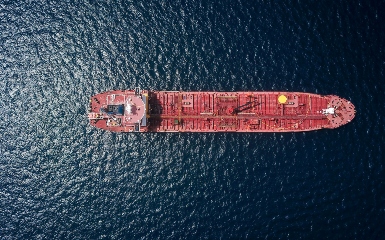
According to the American P&I Club, the ingress of seawater through leaking hatch covers remains one of the most significant causes of cargo damage aboard dry cargo vessels. Cargo damaged by water leaking through hatch covers can result in large claims and affect Members’ claims records. Most leakage problems occur because of poor maintenance. Hatch covers will leak if:
– compression surfaces are not aligned correctly due to worn bearing pads, locator and/or stoppers;
– gasket sections are damaged, missing, worn, over compressed or inserted in Continue reading “Preventing cargo damage through hatch cover maintenance”









 Saudi Red Sea Authority yachting regulations have been written and published for the first time by the authorities.
Saudi Red Sea Authority yachting regulations have been written and published for the first time by the authorities.